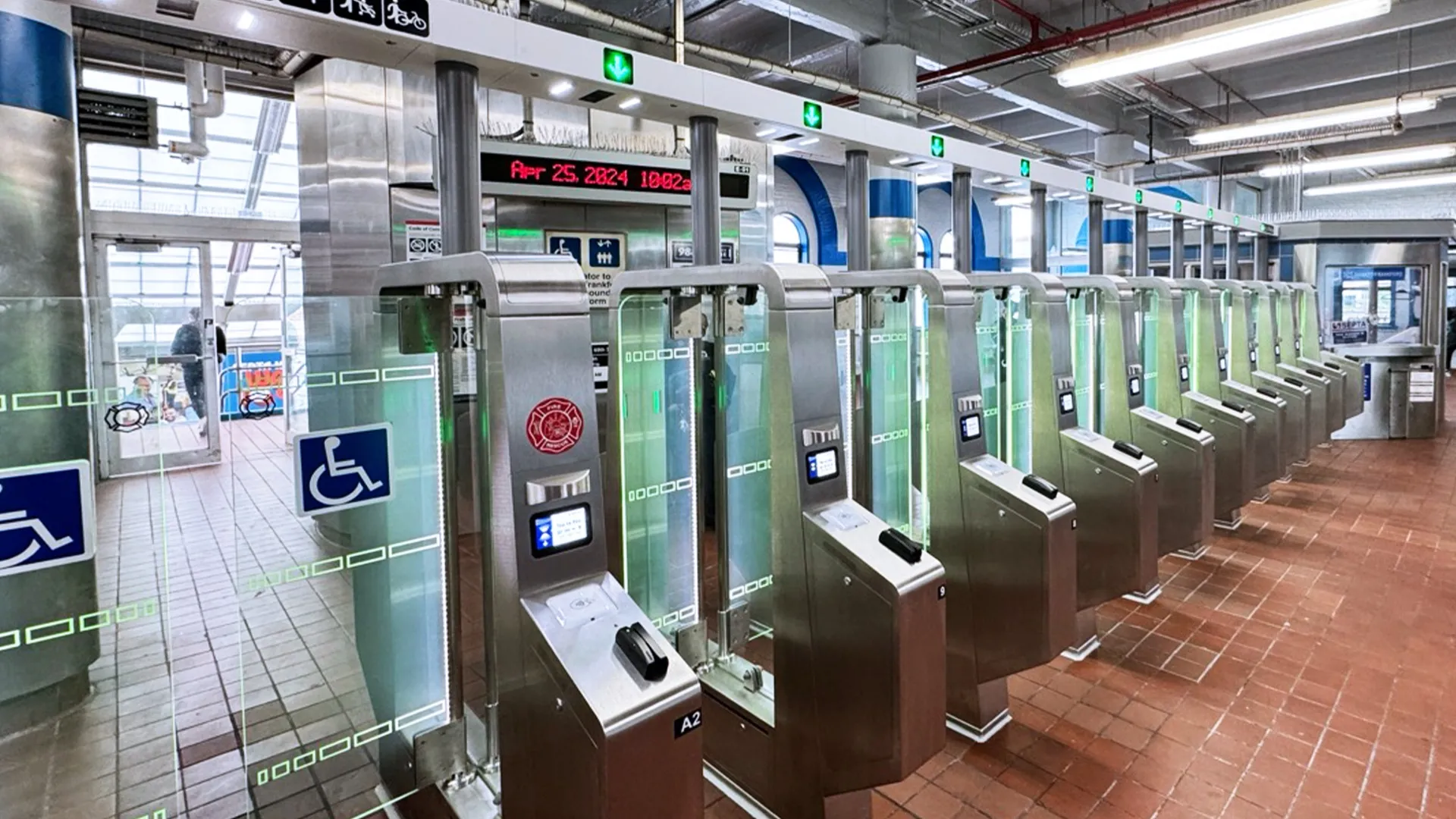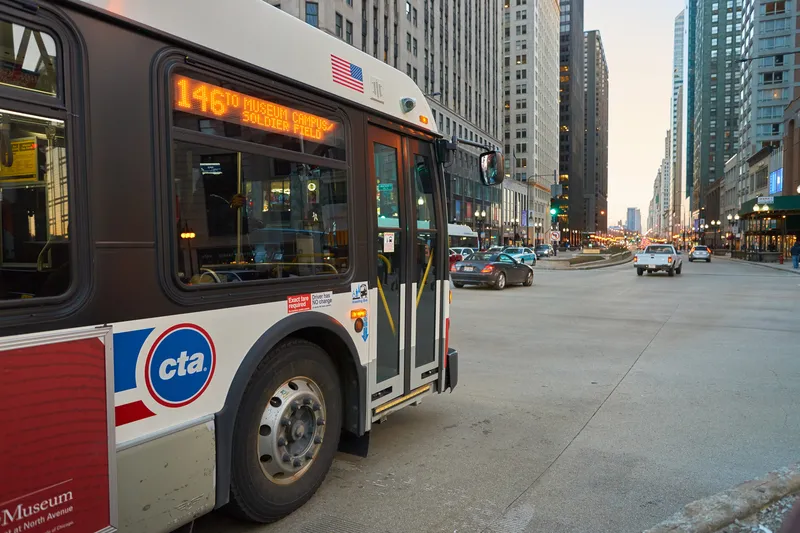
Southeastern Pennsylvania Transportation Authority (Septa) has launched a three-month pilot with Conduent Transportation to stop fare evasion on its transit network - which costs $30 million to $40 million annually.
Conduent’s 3D Fare Gate Solution is installed at a transit station in the Philadelphia area - the 69th Street station in Upper Darby, for riders traveling on the Market-Frankford and Norristown High Speed lines.
The gates - which were also installed in Paris by Transilien SNCF in 2019 - are 7' 8" tall and Septa plans to roll them out at other stations, including those with high reported incidents of fare evasion.
The solution uses 3D detection optical sensors, allowing travellers fast and convenient access, Conduent says - while detecting and deterring ticketing fraud.
The firm adds that the gates give quick access to reporting and analytics, aiding in enforcement decisions.
The solution is ADA-compliant and "improves equity in transportation by improving accessibility for all riders as well as helping to ensure passengers pay their share".
The pilot will "help detect, deter and quantify fare evasion, while simultaneously offering both the agency and riders increased security and convenience”, says Adam Appleby, president, transportation solutions at Conduent.
Septa serves five counties in the Greater Philadelphia area and connects to Delaware and New Jersey transit systems. It operates across six transportation modes and has 2,800 vehicles in service, 285 subway and rail stations, plus 13,000 bus and trolley stops.








